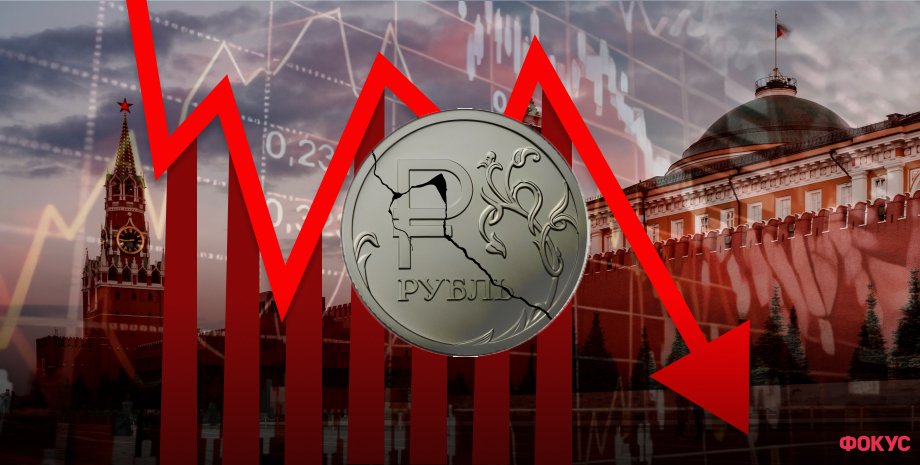
 By Natali Moss
By Natali Moss
According to the data published on December 8, inflation in Russia in November increased to 7. 5% in the annual dimension, while in October, the increase in consumer price index was 6. 7%. "The Central Bank coped with a splash of prices in early 2022, shortly after Russia invaded Ukraine for the second time. However, now officials are afraid that they may lose control. At the last meeting of the Central Bank, they increased the interest rates by two percentages than expected.
The next December 15 meeting expected a similar increase. Most of the forecasts, however, say that inflation (in Russia) will continue to grow, " - said in The Economist. The material emphasizes that in 2022 inflation in Russia was conditioned by the devaluation of the ruble. After the invasion of Ukraine, the Russian currency fell by 25% relative to the dollar, which led to an increase in the value of goods imported into the Russian Federation.
Currency fluctuations are now playing a less significant role. In recent months, the ruble has actually strengthened, partly due to the introduction of Moscow control over the movement of capital. The rise in prices for non -food consumer goods, many of which are imported, corresponds to the average level to military events. However, this does not mean that everything is well with the economy of the Russian Federation, writes the publication.
"If you look closely at the Putin's economy, it becomes clear that it is dangerously overheated. Inflation in the service sector, which includes everything: from legal consultations to restaurant dishes is extremely high. The cost of the night at the Moscow Hotel" Ritz-Carlton ", This is now called Carlton, after leaving this business investors, has increased from about $ 225 to an invasion of $ 500 now. This indicates that the cause of inflation is internal, "explains The Economist.
The material also states that many economists associate the rapid growth of government expenditures with Putin's efforts in conflict with Ukraine. According to 2024, the costs of the Russian Federation for defense are planned to increase almost double - up to 6% of GDP. This is the highest level since the collapse of the Soviet Union.
Given future elections, the government also increases social payments, including significant compensation for families of dead soldiers equivalent to the average salary for 30 years. According to the Ministry of Finance of Russia, fiscal incentives reach approximately 5% of GDP, which is much higher than the level observed during the Covid-19 pandemic. This, in turn, increases the growth rate of the Russian economy.
Economic data in real time published by the Goldman Sachs Bank indicate sustainable growth. Another Bank, JPMorgan Chase, raised its forecast for Russian GDP by 2023 from 1% of the fall at the beginning of the year to an increase of 1. 8% in June, and recently - up to 3. 3%. "Now we say confidently: there will be more than 3%," Putin has recently boasted.
The forecasts for Russia's economic collapse, made almost unanimously by Western economists and politicians at the beginning of the war in Ukraine, were stunningly erroneous, the authors of the article say. "The problem is that the Russian economy does not withstand such rapid growth. Since the beginning of 2022, its supply has declined sharply. Thousands of workers, often highly educated, have left the country.
Foreign investors have launched direct investments worth about $ 250 billion, which is almost half of the pre -war stock ", - writes The Economist. The excitation demand in the Russian Federation faces a limited supply, which leads to an increase in prices for raw materials, capital and labor. The unemployment rate, which is less than 3%, is the lowest in history, encourages workers to demand higher salaries. The nominal wage in Russia increases by about 15% annually.
Companies shift these higher consumers' costs, which affects prices growth. Recall that analysts prophesy the ruble further fall. But the Russian government assures that there is nothing wrong with the national currency. Meanwhile, the Russian Federation examines the possibility of introducing the practice of two rubles, as in China - for internal and external use. But this idea does not like some bankers.










All rights reserved IN-Ukraine.info - 2022